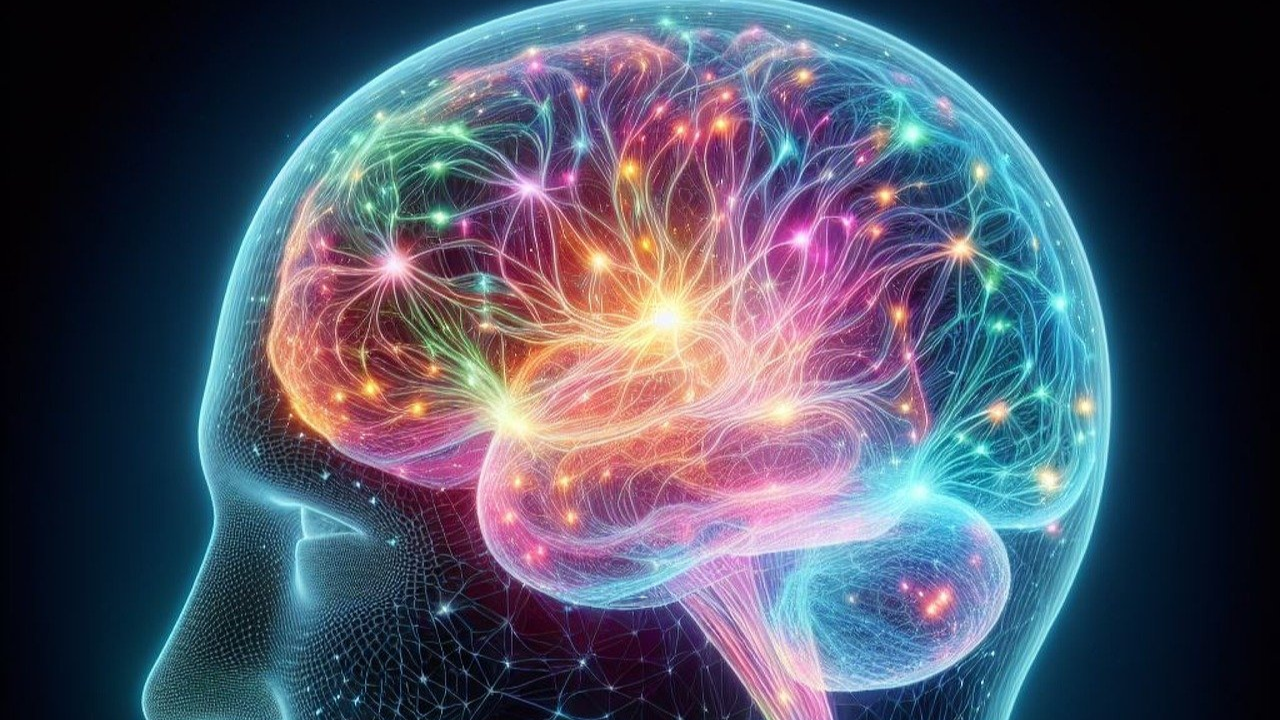Attachments
Note: Not all attachments are visible to the general public. Research URLs will go live after the embargo ends.

Research
Springer Nature, Web page
Please link to the article in online versions of your report (the URL will go live after the embargo ends).
Journal/
conference: Nature Mental Health
conference: Nature Mental Health
Research:Paper
Organisation/s:
The University of Melbourne, Orygen, The University of New South Wales
Funder:
This work was supported by the American Foundation for Suicide
Prevention (SRG-1-141-18 to T.T.Y.), the Australian National Health and
Medical Research Council (NHMRC; Postgraduate Scholarship grant
no. 2022387 to N.Y.T., Early Career fellowship to A.R., Investigator
Leadership grant no. 2017962 to L.S. and Emerging Leadership
Investigator grant no. 2017527 to R.F.H.C.), the Australian Research
Council Future Fellowship (A.Z.), the Australian Research Training
Program Scholarship (S.G.), the Brain and Behavior Research
Foundation (to T.T.Y. and grant no. 28972 to M.D.S.), the Dimension
Giving Fund (M.D.S.), the training fellowship awarded to the Division of
Child and Adolescent Psychiatry at Columbia University (grant no. T32
MH016434-42 to J.S.K.), the Graeme Clark Institute top-up scholarship
(S.G.), the J. Jacobson Fund (T.T.Y.), the Mary Lugton Postdoc Fellowship
(Y.E.T.), the National Center for Advancing Translational Sciences
(T.T.Y.), the National Center for Complementary and Integrative Health
(grant nos. R21AT009173, R61AT009864, R33AT009864 to T.T.Y.), the
National Institutes of Health (RO1 MH129832 to L.S. and UCSF-CTSI
UL1TR001872 to T.T.Y.), the National Institute of Mental Health (project
no. R01MH125850 to M.D.S. and R01MH085734 to T.T.Y.), the Rebecca
L. Cooper Foundation Fellowship (A.Z.), the Rubicon award from
the Dutch NOW (grant no. 452020227 to L.K.M.H.), the University of
Melbourne Dame Kate Campbell fellowship (L.S.), the UCSF Research
Evaluation and Allocation Committee (T.T.Y.) and the UCSF Weill
Institute for Neurosciences (T.T.Y.). Data from the MR-IMPACT study
site were funded by the United Kingdom Medical Research Council
(G0802226) and undertaken at the University of Cambridge. The
funders had no role in study design, data collection and analysis,
decision to publish or preparation of the manuscript. This research
was also supported by The University of Melbourne’s Research
Computing Services and the Petascale Campus Initiative.



 Australia; NSW; VIC
Australia; NSW; VIC


